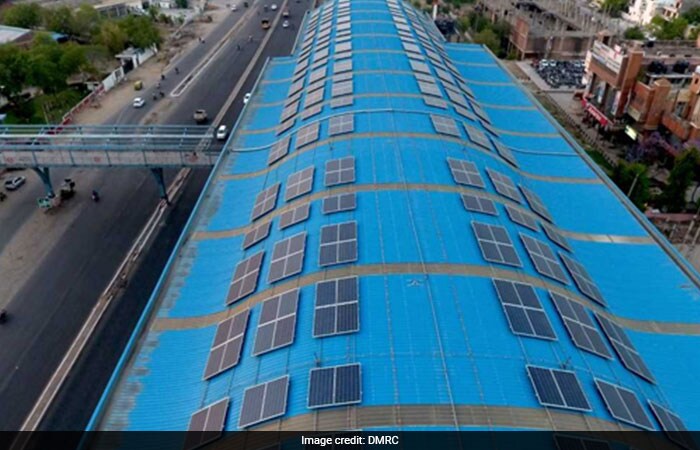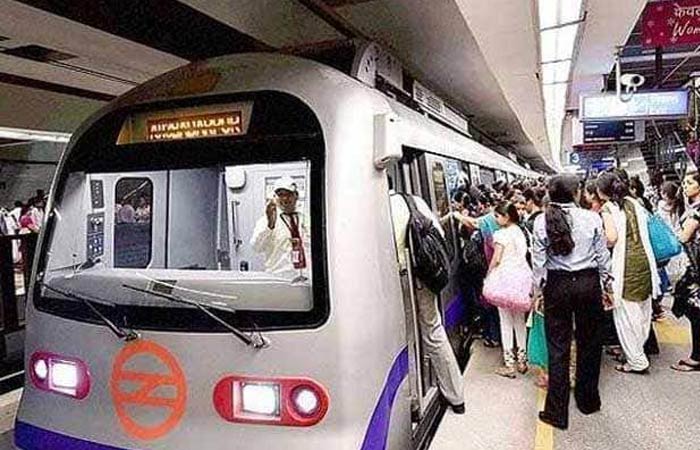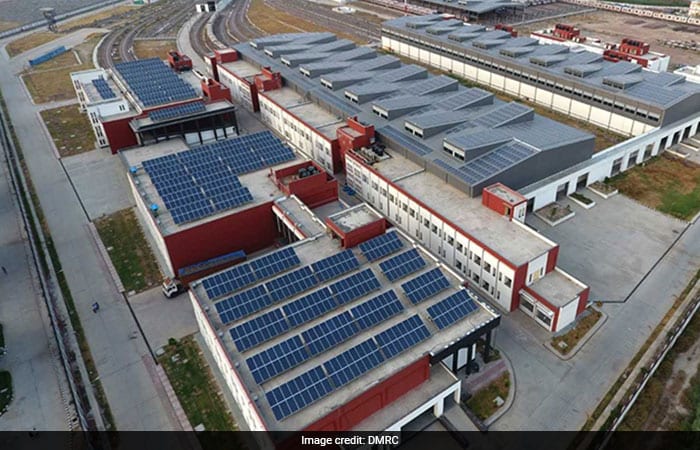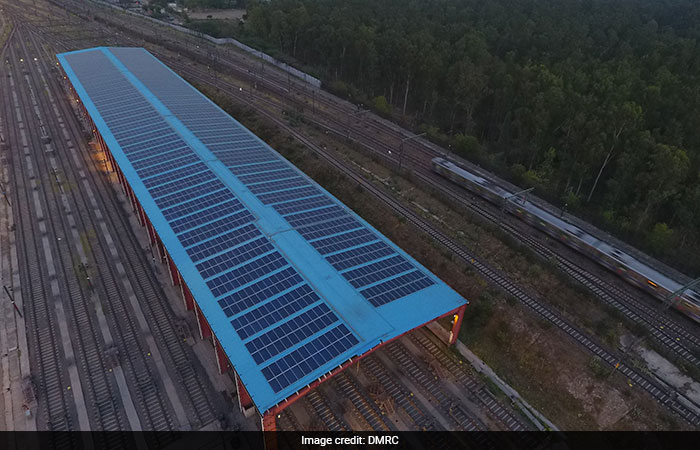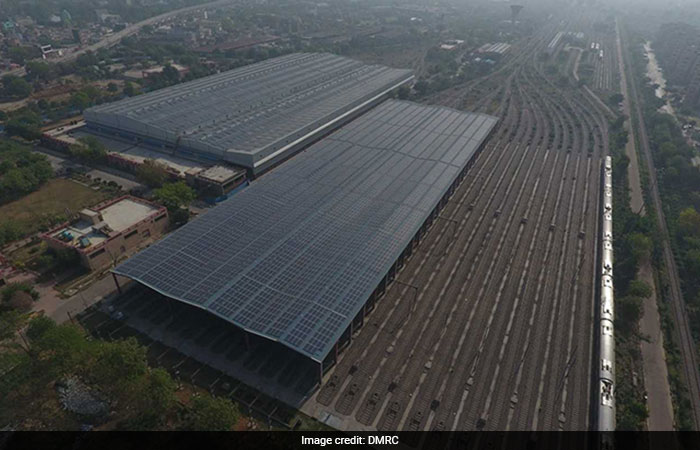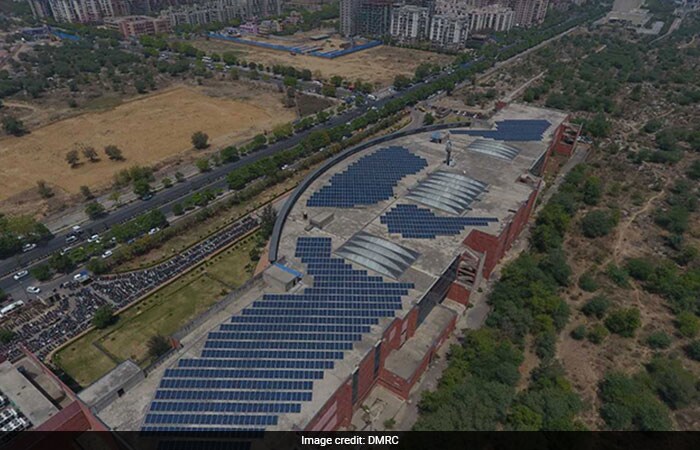Delhi Metro On Track To Meet All Its Energy Needs From Renewable Sources By 2021
Delhi Metro Rail Corporation (DMRC), an electric-based rail network, apart from curbing vehicular pollution in Delhi by keeping more than 4 lakh vehicles off the road every day, also started cutting its own carbon footprints by increasing its dependence on renewable sources like solar power and power from Waste to Energy plants since 2014. Recently, DMRC announced that it will become 100 per cent environment-friendly rail network by 2021.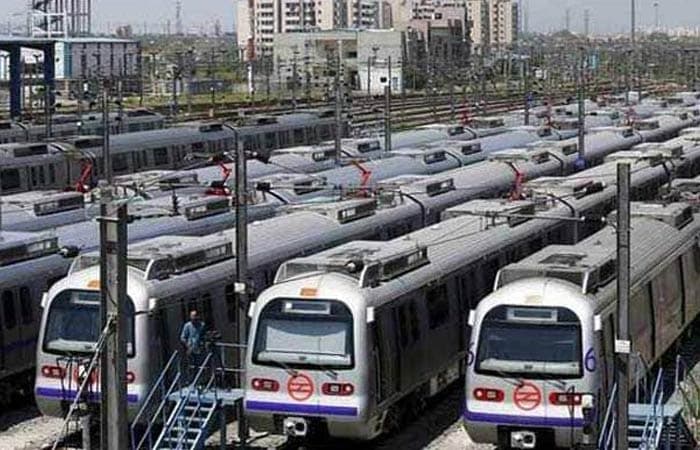
As per DMRC, there are about 20 lakh commuters who make use of the Delhi Metro on a daily basis. The network of the Delhi Metro is spread over an area 373 kilometers. According to an estimate, every passenger who chooses to use metro instead of a fossil-fuel burning road transport, contributes to saving approximately 100 grams of carbon dioxide for every trip of 10 kilometres
